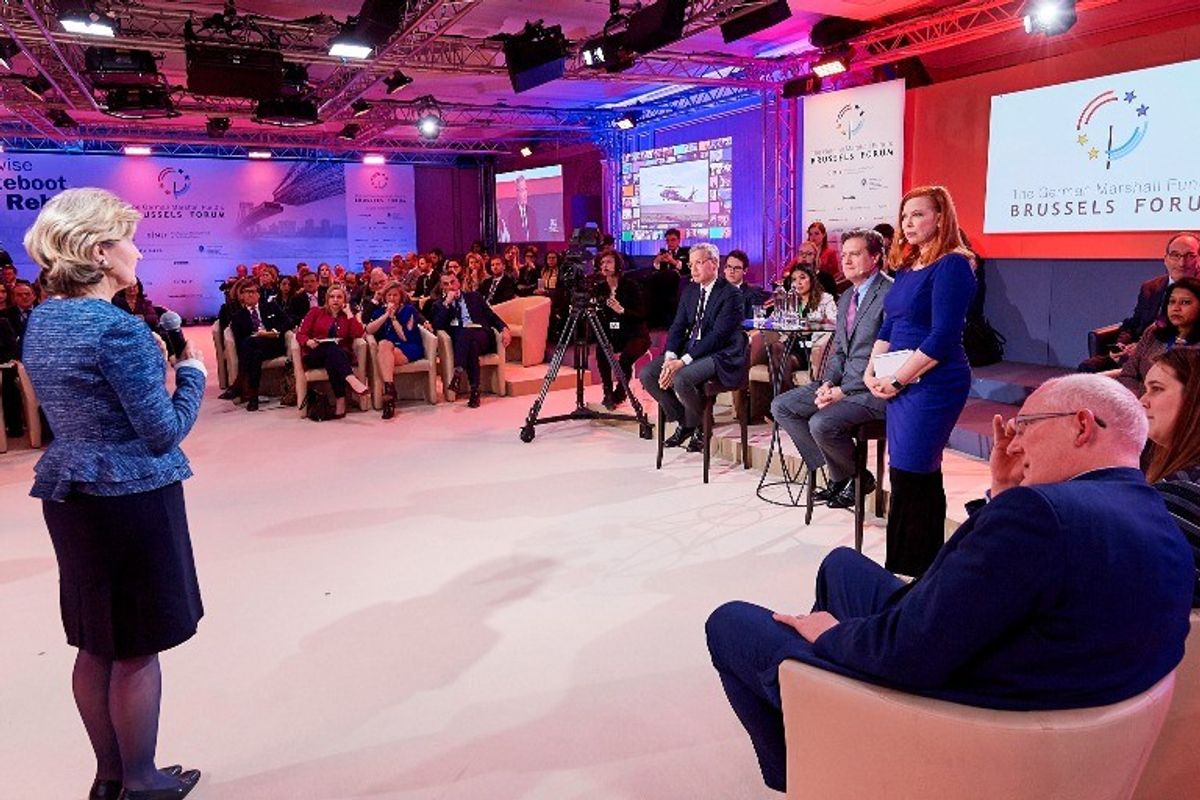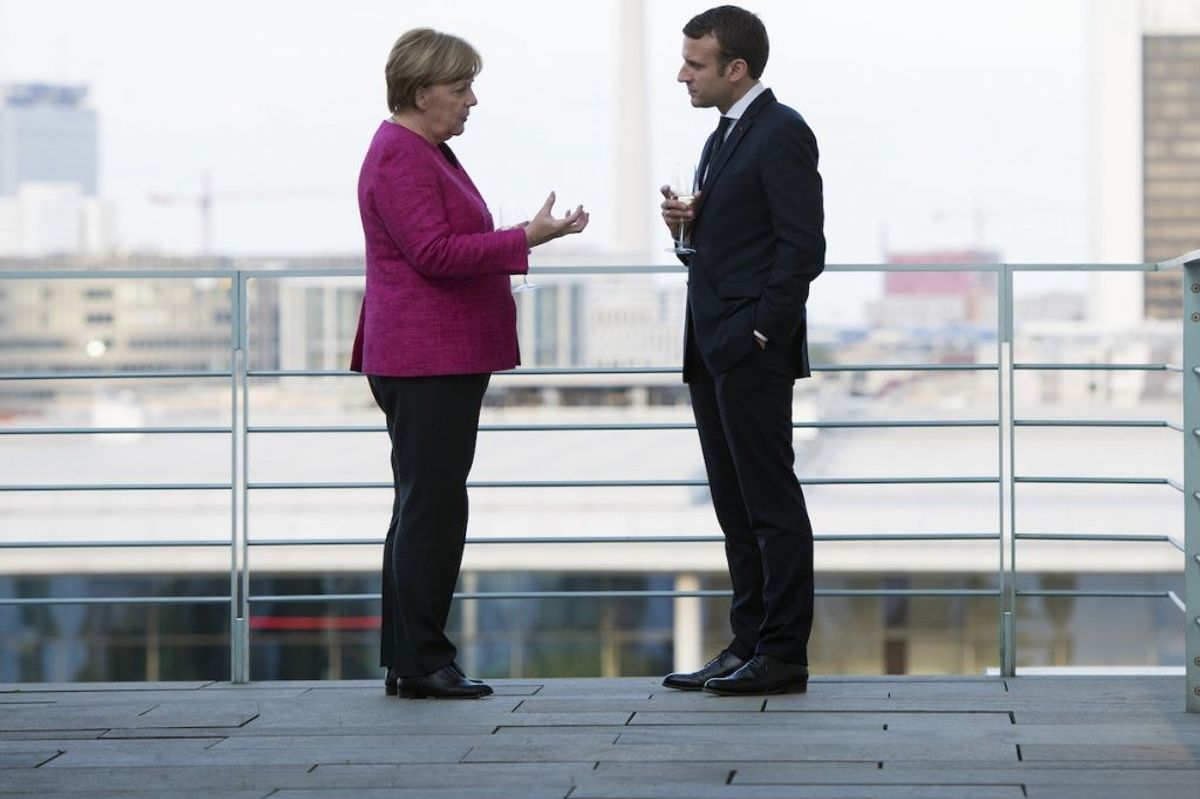Around 750,000 mail-in votes decided the fate of Austria’s presidential election this week, tipping the election in favor of a more centrist candidate. Yet the result does not change the course of a rising populist and nationalist movement within Austria and throughout the European continent.
The election was a near 50-50 split, with independent Green Party candidate Alexander Van der Bellen edging out far-right Freedom Party (FPÖ) candidate Norbert Hofer by 50.3 to 49.7 percent of the vote. Europeanists gave a sigh of relief for the liberal economics professor’s win. Yet those who voted for Hofer – and their European counterparts who support the far-right – remain dissatisfied with the status quo and continue to grow in strength.
In Austria, the Hofer-supporter group is largely composed of rural working-class males who identify with Hofer’s message of “Austria first.” During the election, he also attracted many voters who supported the center-right Austrian People’s Party (ÖVP) candidate in the first round, says Cipher Brief expert and former Member of the Austrian Federal Council Georg Spiegelfeld-Schneeburg. “I thought that Hofer would win the election, since he could attract FPÖ followers as well as voters from the two main parties,” he said.
Although Hofer did not win, support for the FPÖ remains strong. As Cipher Brief expert Derek Brooks points out, Hofer’s performance in the presidential elections reinforces polls that predict the FPÖ will win the next Austrian parliamentary election in 2018. Brooks, who worked as a journalist in Vienna covering Austrian politics, says there is even a chance FPÖ leader Heinz-Christian Strache could be elected chancellor in 2018.
The FPÖ and other parties like it have been around since the 1950s, serving as “the political home for former Nazis who were excluded from the main political parties established after the war,” explains Brooks. Yet a recent shift in the international arena has launched the party from underdog to a force to be reckoned with. It started in 1986, when the radical Jörg Haider took over the party with a vociferous anti-foreigner platform. But power really started to consolidate in the 2000s, amidst a rapidly changing global environment.
In Europe, fears about terrorism and the migration crisis, the financial and economic catastrophe caused by the 2008 Eurozone crisis, and a growing lack of faith in a corrupt elite are breaking down the European establishment. Populist and nationalistic parties are sweeping in to fill the void between this reality and the platforms and policies of the traditionally dominant political parties.
Additionally, a changing view of history is aiding the rise of these formerly fringe groups. “In Germany and Austria, the growing distance from the Nazi era is blunting the electorate’s knee-jerk rejection of xenophobic or nationalist rhetoric,” writes Wall Street Journal reporter Anton Troianovski. Troianovski, who is based in Berlin, adds that the fading memory of the communist past in Poland and Slovakia has made Western-style democracy less appealing.
In all four of these countries – which are all members of the European Union – populist right-wing parties are gaining power. Poland’s ruling Law and Justice Party (PiS) has faced scrutiny from the EU for its seemingly undemocratic constitutional court and media reforms. In March, Slovakia’s far-right People’s Party-Our Slovakia (L’SNS) won seats in parliament for the first time. The anti-immigration Alternative for Germany (AfD) recently faired well in numerous state elections, a feat considered impossible only a few years ago. And there’s Austria, where Hofer’s electoral loss does not show a weakening of the FPÖ but rather a strengthening and consolidation of power.
Europe’s new populism, laced with anti-EU and anti-immigration rhetoric, is a threat not only to the liberal European order in place since the end of World War II but also to the wave of globalization the world has ridden these last few decades.
“Right-wing populism portrays all forms of interdependence as a threat to national identity. It jeopardizes the North Atlantic security cooperation, as right-wing parties like the FPÖ flirt with Russia. It threatens economic integration, with skepticism for the European single market and international trade. It also affects the ability to maintain multi-cultural societies,” says Brooks.
Yet the alarm bells should not ring too loudly in Austria yet. After all, Hofer did not win the presidential election, showing that a “majority” of the Austrian population still supports the liberal economic and societal order that has governed the country for the past seven decades. When The Cipher Brief asked Dr. Spiegelfeld-Schneeburg what he thinks Van der Bellen’s win symbolizes for Austria, he replied that Austria “will continue to play a decisive role in the EU.”
Still the rise of anti-foreigner, anti-EU, right-wing populist groups across Europe shows the status quo of a post-war continent that embraces democratic ideals and is affable toward the U.S. cannot be taken for granted. An FPÖ defeat in Austria does not mean the underlying factors of the FPÖ’s growing appeal or the party’s support at the polls will subside.
Kaitlin Lavinder is an International Producer with The Cipher Brief.












